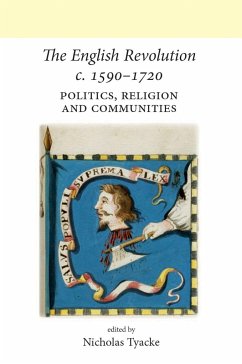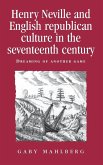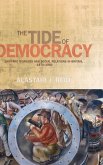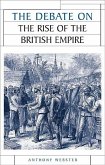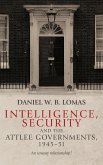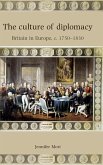This book is about the crisis of transition marked by the English Revolution (1640-1660), while at the same time placing it in the context of a long seventeenth century - running from about 1590 to 1720.Leading experts explore this theme, with special reference to developments in politics, religion and society, at national and local level.
Focusing on the crisis of transition marked by the English Revolution (1640-1660), this collection of essays also places it in the context of a long seventeenth century. Leading experts in the field explore this theme with special reference to developments in politics, religion and society, at both national and local levels. The volume breaks decisively with recent historiography, in emphasising both the long-term nature and revolutionary implications of the seventeenth-century events in question. Features of the crisis include the growing challenge to the confessional state from within the ranks of Protestantism itself and the enlargement of the public sphere of politics, fuelled increasingly by the role of print, along with the painful emergence of a new style parliamentary monarchy and associated fiscal-military apparatus. The explosive role of religion especially is highlighted, in chapters ranging from the popularity politics engaged in under Elizabeth I to the escalating party strife of Charles II's reign and beyond. At the same time the epicentre of the revolution is firmly located in the two tumultous decades of civil war and interregnum. The volume will be essential reading for both students and teachers working on this period.
Focusing on the crisis of transition marked by the English Revolution (1640-1660), this collection of essays also places it in the context of a long seventeenth century. Leading experts in the field explore this theme with special reference to developments in politics, religion and society, at both national and local levels. The volume breaks decisively with recent historiography, in emphasising both the long-term nature and revolutionary implications of the seventeenth-century events in question. Features of the crisis include the growing challenge to the confessional state from within the ranks of Protestantism itself and the enlargement of the public sphere of politics, fuelled increasingly by the role of print, along with the painful emergence of a new style parliamentary monarchy and associated fiscal-military apparatus. The explosive role of religion especially is highlighted, in chapters ranging from the popularity politics engaged in under Elizabeth I to the escalating party strife of Charles II's reign and beyond. At the same time the epicentre of the revolution is firmly located in the two tumultous decades of civil war and interregnum. The volume will be essential reading for both students and teachers working on this period.

